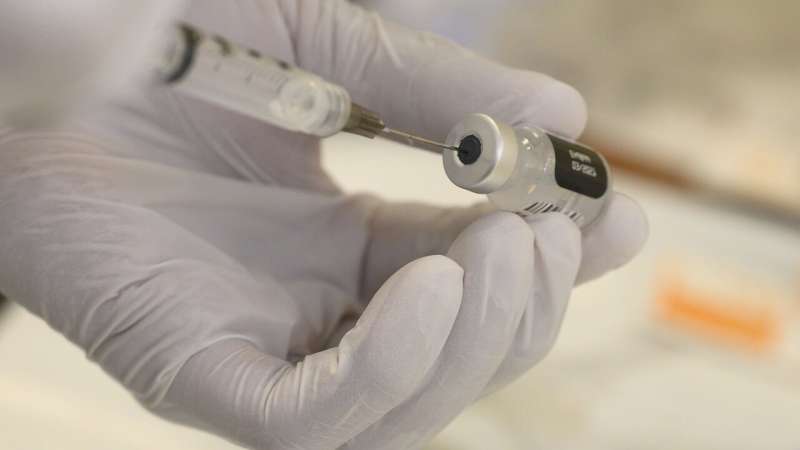Innovative Approach to Creating 'Invisible' Stem Cells: Insights from Leading Scientist

In recent advances in regenerative medicine, scientists have made significant progress toward developing hypoimmune stem cells—cells engineered to evade the immune system and reduce transplant rejection. Dr. Sonja Schrepfer, a prominent researcher at Cedars-Sinai Medical Center, discusses her pioneering work on these 'invisible' stem cells and their potential to revolutionize transplantation and cell therapy.
A longstanding challenge in organ and cell transplantation is immune rejection, which often necessitates lifelong immunosuppressive drugs. These drugs can have severe side effects, prompting researchers to seek alternative solutions. Genetic engineering offers a promising pathway to create stem cells that are less likely to be targeted by the immune system.
Dr. Schrepfer explains that her approach draws inspiration from natural immune tolerance mechanisms observed during pregnancy. The fetal cells during pregnancy employ hypoimmune strategies to avoid attack by the mother's immune defenses, despite being foreign genetically. By studying these mechanisms, she has developed methods using genome editing to modify stem cells, making them invisible—or hypoimmune—to the immune system.
She was among the first to utilize such gene edits, coining the term 'hypoimmune,' which has since been adopted by other research groups employing different strategies. These engineered stem cells can proliferate and differentiate into various cell types, including heart muscle cells, smooth muscle cells, and endothelial cells, expanding their potential applications.
The potential clinical applications are vast, including treatments for diseases such as ALS, retinitis pigmentosa, diabetes, and inflammatory bowel disease. Producing hypoimmune stem cells in large quantities could enable more accessible and universal cell therapies for patients worldwide.
Looking ahead, Dr. Schrepfer aims to extend this technology from cells to entire organs, aspiring to overcome barriers in solid organ transplantation. Initial experiments indicate this approach could prevent immune rejection of transplanted organs, opening new frontiers in medicine.
This innovative research marks a significant step toward universal donor cells and organs, promising to transform transplant medicine and patient care.
Source: https://medicalxpress.com/news/2025-04-qa-scientist-invisible-stem-cells.html
Stay Updated with Mia's Feed
Get the latest health & wellness insights delivered straight to your inbox.
Related Articles
Increased Risk of Cardiovascular Death Associated with Cannabis Use
A recent study links cannabis use to a doubled risk of death from cardiovascular disease, emphasizing the need for regulatory measures and further research into its health impacts.
Large-Scale Study Finds No Increased Risk of Guillain-Barré Syndrome from mRNA COVID-19 Vaccines
A global study involving over 230 million people confirms that mRNA COVID-19 vaccines do not increase the risk of Guillain-Barré syndrome, while highlighting the higher risk associated with COVID-19 infection itself. Continuous safety monitoring supports the importance of vaccination in pandemic control.
Understanding How Sleep Trackers Function and Their Effectiveness
Explore how sleep trackers function, their accuracy in measuring sleep stages, and whether they're a valuable tool for improving sleep health with insights from sleep scientists.
The Impact of Dementia on Language and Identity in Migrants
Dementia can cause migrants to lose their second language, impacting communication, cultural identity, and care. Addressing language barriers is crucial for better dementia support in multicultural societies.



